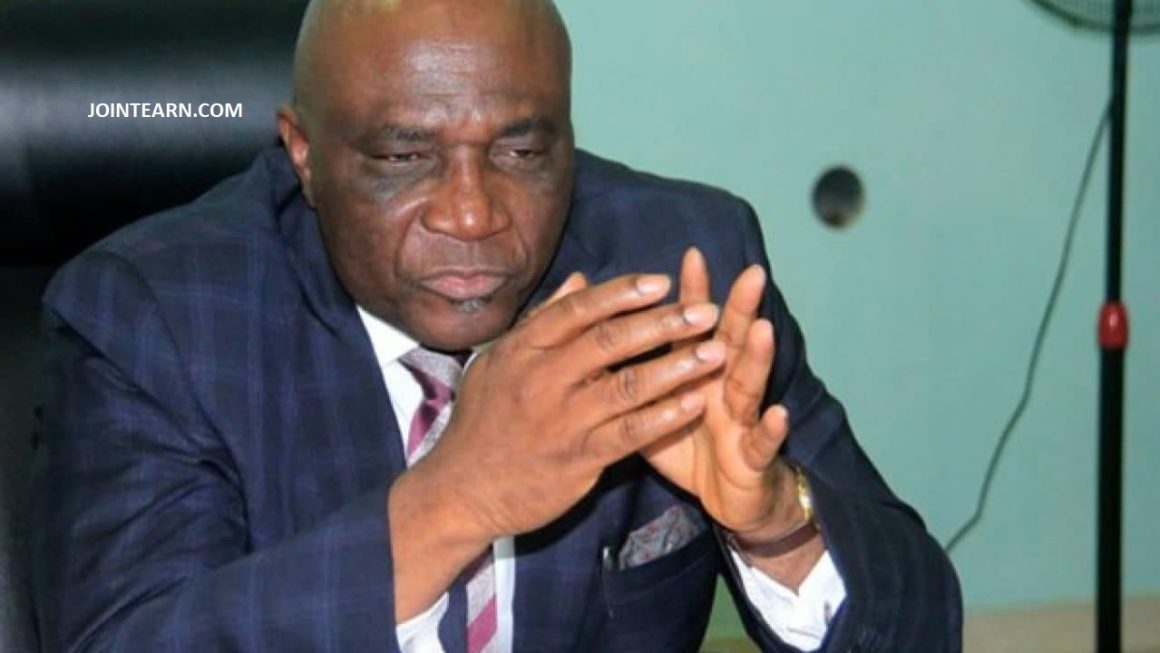A private hospital in Lagos, As Salam Convalescent Centre, has denied claims that it refused to treat a pregnant woman, Kemi, due to her husband’s inability to pay a N500,000 deposit. The tragic incident, which resulted in Kemi’s death, has sparked widespread outrage and calls for an investigation into the hospital’s actions.
Background of the Incident
The incident occurred when Kemi, who was in labor, was taken to the hospital by her husband, Akinbobola Folajimi. According to Folajimi, the hospital demanded a N500,000 deposit before providing any medical treatment. Despite his pleas to start treatment while he secured the funds, the hospital allegedly refused and referred them to a general hospital in Epe, which was too far for Kemi’s critical condition. She unfortunately passed away before reaching the Epe hospital.
Hospital’s Denial
As Salam Convalescent Centre has vehemently denied these allegations, stating that they did not demand any payment from Folajimi. The hospital claims that Kemi’s condition was beyond their capacity to handle and that they immediately referred her to the Epe General Hospital for specialized care without requesting any deposit236.
A representative from the hospital explained that upon examination, it was clear Kemi required immediate blood transfusion and surgical attention, which they were not equipped to provide. Therefore, they advised Folajimi to take her to a better-equipped facility3.
Public Reaction
The incident has generated significant public outcry, with many calling for sanctions against the hospital if the allegations are proven true. Social media platforms have been filled with condemnations of the hospital’s alleged actions, with many questioning the ethics of prioritizing payment over emergency care145.
Dr. Femi Yekinni, a lecturer, expressed his dismay, stating, “Save a life first, then do whatever you can to recover the money later. This is the acceptable standard all over the world.” He advocated for legislative action to prevent such incidents in the future1.
Investigation and Legal Implications
As the public awaits further developments, there are growing demands for an official investigation into the hospital’s actions. If the allegations are substantiated, it could lead to severe legal consequences for the hospital, including potential sanctions or even closure.
The Nigerian Medical Association (NMA) and other health regulatory bodies are expected to scrutinize the hospital’s practices to ensure compliance with ethical standards and emergency care protocols.
Healthcare Challenges in Nigeria
This incident highlights broader challenges in Nigeria’s healthcare system, including inadequate access to emergency care and the financial barriers that many patients face. The country’s healthcare infrastructure is often strained, leading to situations where patients are referred to distant facilities, which can be life-threatening in emergency situations.
Call for Reform
The tragic death of Kemi has reignited calls for healthcare reform in Nigeria. Advocates are pushing for policies that prioritize patient care over financial considerations, especially in emergency situations. There is a growing consensus that hospitals should be legally required to provide immediate care in life-threatening situations without demanding upfront payments.
Conclusion
The controversy surrounding Kemi’s death underscores the urgent need for transparency and accountability in Nigeria’s healthcare sector.The community’s reaction underscores the urgent need for systemic reforms in Nigeria’s healthcare system. The tragedy has united people in demanding accountability and advocating for policies that prioritize patient care over financial considerations. As the investigation unfolds, it is crucial that lessons are learned to prevent similar tragedies in the future. The incident serves as a stark reminder of the challenges faced by many Nigerians in accessing timely and affordable healthcare, emphasizing the need for systemic reforms to ensure that medical emergencies are handled with the urgency and compassion they deserve.












